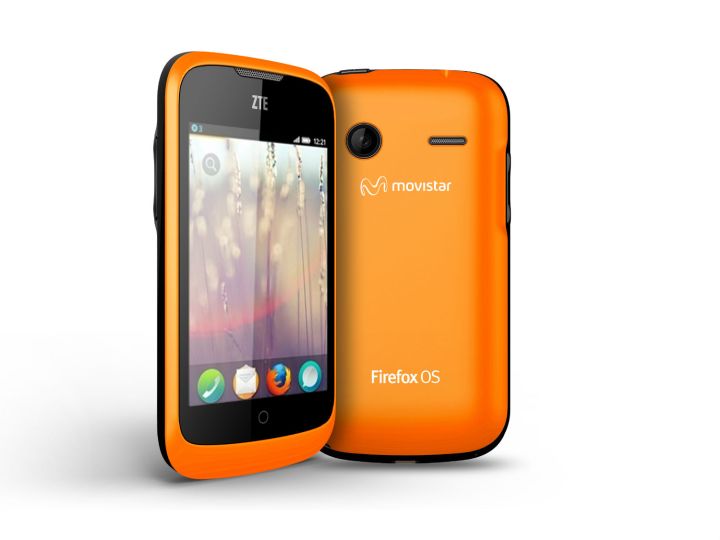
ZTE has told TechHive.com we should expect a new smartphone running Firefox OS early next year, and although it’ll have a better specification than the current model, the price will still be very competitive. ZTE launched the ZTE Open recently, initially only in Spain, then expanded out though its official eBay store to include the UK and America.
The sales have been positive, with around 100,000 ZTE Open phones being snapped up, and according to the an executive vice president for the firm, it’s expecting this figure will double in the future. The VP, He Shiyou, said it was always the plan for the first generation Firefox phone to have a small scale, but he was pleased to see demand outweigh supply.
ZTE’s follow up to the Open will arrive in 2014, and rather than do the same thing again, it will push the Firefox OS much harder this time. While Firefox isn’t designed to need a super powerful device, it would be good for it to run on something slightly more impressive than the Open. According to Shiyou, the next phone will have a dual-core processor, a larger screen and an improved user experience.
Despite this spec bump, the price should remain low. Don’t forget, the ZTE Open sells for $80/£60, making it one of the cheapest SIM-free phones you can buy, so even if the new model is twice that price, it’ll still be considered a bargain.
Shiyou is confident on Firefox OS’s ability to make a splash in the competitive smartphone market, saying the adoption of 4G LTE data speeds around the world will make the HTML5 apps run so quickly, we won’t need to download standalone apps at all. “In the future the app store business model will be no more,” he said, “Firefox OS is still new, and it will bring an entirely different user experience.”
Editors' Recommendations
- Your iPhone just got a new iOS update, and you should download it right now
- iOS 17.2 just arrived — here’s what’s new in the big iPhone update
- Apple is adding a brand new app to your iPhone with iOS 17
- Wear OS 4 is coming to your smartwatch this year — here’s what’s new
- iOS 16.3.1 fixes major bugs for your iPhone — and introduces a new one



